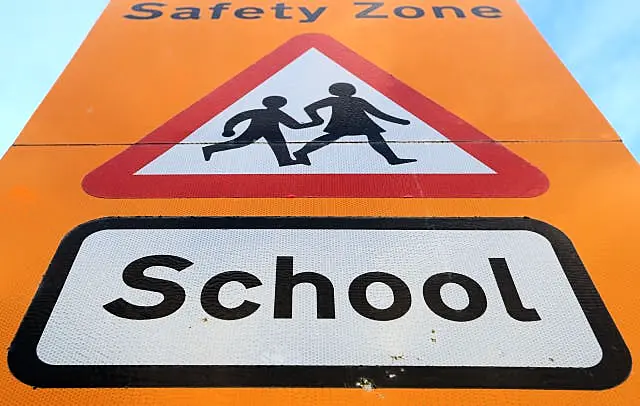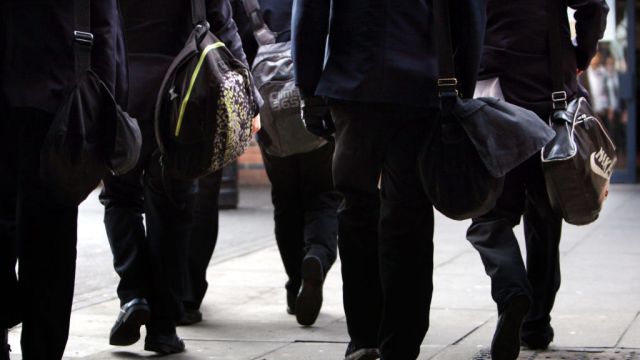There have been calls to extend a pilot project that will provide students with access to specialist counsellors to a post-primary level.
The Government announced it will invest €5 million in piloting a programme of counselling supports for primary school children.
However, a union for secondary school teachers said there is no “logic” in not extending it to post-primary students.
Moira Leydon, assistant general secretary at Association of Secondary Teachers, Ireland (ASTI) has called on the Minister for Education Norma Foley to roll out the programme to all school pupils.

Ms Leydon told the Oireachtas joint committee on education and further and higher education that adolescence is the “prime time” for difficulties to manifest.
“I don’t see any logic in the Minister for Education not extending it to post-primary. It is a default mechanism almost to do a pilot. The problem is our experience of pilots in this country they can last for 20 years,” she added.
“I have referenced the prevalence of the mental health difficulties and adolescence is the prime time for these difficulties to manifest themselves.
“If we are not in a space whereby adolescence cannot get early intervention and supports, that is a particular failure to help because that’s when they need it.
“Certainly we will be going formally to the Minister of Education and talking about the model, what are our plans for a second level.
“We come here all the time, we talk about wanting more resources, but really, this is the nub of the problem. The schools are under-invested in.
“Teachers are not mental health workers, and we’re not putting in place other professionals in the school setting to address the holistic needs of young people.”
Mairin Ni Cheileachair, assistant general secretary at the Irish National Teachers’ Organisation (INTO), said that community counselling services should be provided in schools.
“My own experience, as a school teacher and as a principal, is that if we had something co-located in schools, children who are at huge risk are more likely to engage,” Ms Ni Cheileachair told the committee.
“Children come to school every day, their parents bring them to school.
“To have somewhere that they can come to do both, the child doesn’t have to be moved out of the building.
“We would like to re-examine the concept of community. Community for a lot of pupils is their school, and schools for a lot of rural areas is at the centre of that.
“I think our definition of community is too narrow in this context. I think schools should be central to that community definition.
“There are a lot of programmes running in schools which are hugely beneficial. We are at a very exciting stage of development of a new curriculum at primary level and there will be opportunities there under the well-being specification.
“I think a lot of good work can be done, but you cannot replace a therapeutic service for a child who needs a therapeutic service.
“Their teacher is not a psychiatrist. They are not a psychologist. They are not a counsellor. They are not a therapist, and while they can create an atmosphere of psychological safety in their classroom, they cannot recreate a therapeutic session and they need support to do that.”
Sarah Hughes, mental health programmer for Union of Students in Ireland, also told the committee that mental health staff are struggling with current demand of students presenting themselves in distress.
“Recently, on a campus visit I saw the strain that is being put on services, as there was only standing room left in the waiting room for an emergency counselling drop-in clinic,” she added.
Aodhan O Riordain, education spokesman for Labour, said the Irish education system is almost “uniquely set up” to have mental health challenges within it.
“I look at the way that we separate children on the basis of religion, we separate children on the basis of income, we separate children more often than any other European country seems to do,” he told the committee.
“I know from my own experience with children going to the school gate having issues of hunger, possibly having not slept the previous night and witness things that they probably shouldn’t witnesses as children.
“Then facing through a scenario of an over sized-class with a teacher trying to balance all the needs of those of those children.”







